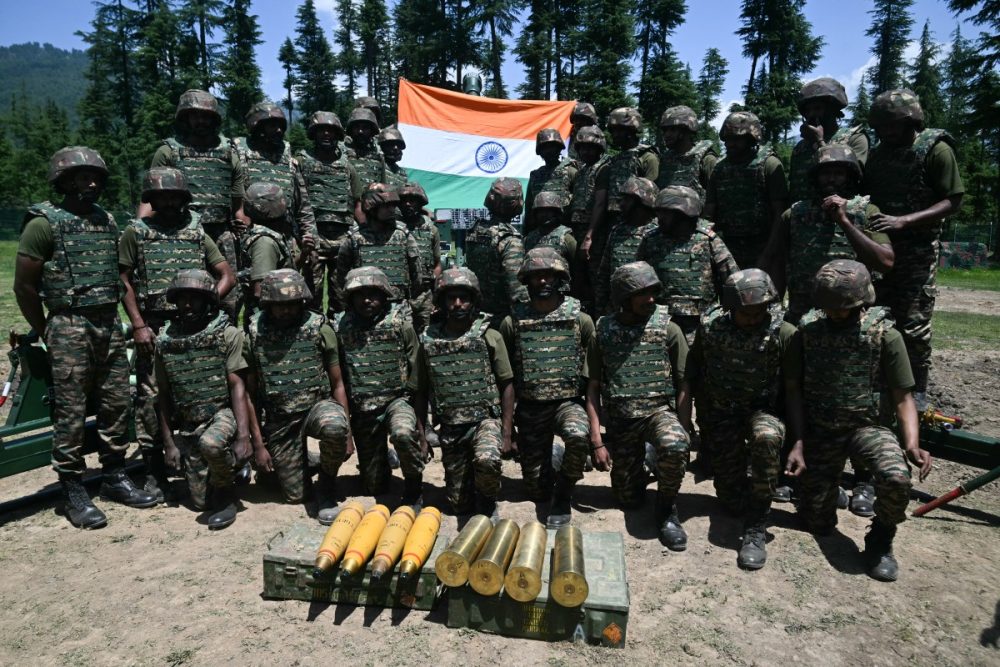India and Pakistan were involved in a heated exchange over minority rights on Friday as the United Nations General Assembly (UNGA) adopted a resolution to promote a culture of peace and tolerance as well as to safeguard religious sites.
Chinese Ship Quietly Operating In The Indian Ocean Sets Alarm Bells Ringing
The resolution was proposed by Saudi Arabia. Other Arab nations such as Egypt, Iraq, Jordan, Kuwait, Yemen, Bahrain, Sudan, Oman, the UAE, and Palestine were co-sponsors.
Among other co-sponsors were Bangladesh, Central African Republic, Equatorial Guinea, Mauritania, Morocco, Nigeria, Pakistan, the Philippines, and Venezuela.

India took a dig at Pakistan for being a co-sponsor of the resolution. “It is a matter of great irony that the country where the most recent attack and demolition of a Hindu temple took place in a series of such attacks and where the rights of minorities are being emasculated is one of the co-sponsors of the resolution under the agenda item “Culture of Peace”. The resolution cannot be a smokescreen for countries like Pakistan to hide behind,” India said.
India’s representative at the UN recalled the attack on the historic Hindu temple in 2020, which was “set on fire by a mob in the town of Karak in Pakistan with explicit support and connivance with the law enforcement agencies which, stood as mute spectators while the historic temple was being razed”.
The Pakistani representative was quick to reject India’s “unwarranted assertions” on the burning down of a Hindu shrine in Khyber Pakhtunkhwa’s Karak tehsil last month. He said: “This is not the first time India has tried to feign concern for minority rights elsewhere while being the most egregious and persistent violator of minority rights itself.”
The Pakistani delegate went on to highlight the “clear difference between India and Pakistan with respect to minority rights”. He said: “The accused in the Karak incident were immediately arrested, orders were issued for repairing the temple, the highest level of judiciary took immediate notice, and the senior political leadership condemned the incident.”
“Whereas in India, blatant acts of discrimination against Muslims and other minorities take place with state complicity,” he added.
Pakistan took the opportunity to bring up the issue of India’s Citizenship Amendment Act, which is deemed discriminatory against Muslims; killings in Kashmir, 2002 Gujarat massacre, the 2020 Delhi pogrom, the 1992 demolition of Babri Mosque, and so on.
“As a perennial purveyor of state-sponsored discrimination against its minorities, India is in no position to pontificate on the issue of minority rights elsewhere,” Pakistan told the Assembly.
India, however, clarified India’s position on safeguarding religious establishments saying the country has stringent laws against violence or discrimination based on religion and referred to the Places of Worship (Special Provisions) Act of 1991.




